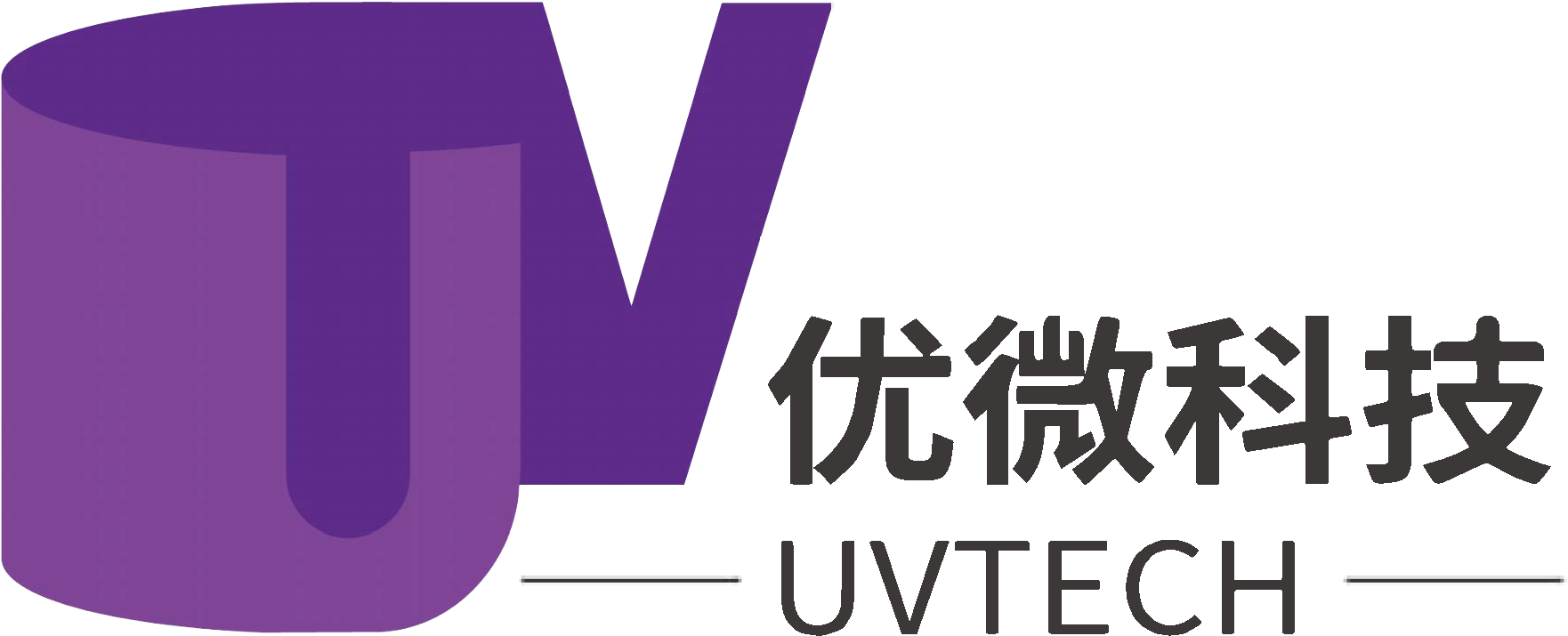How HPLC Ensures the Quality and Safety of Medicines
Release time:
2025-07-10
Every pill or injection we take must meet strict quality standards before it reaches patients. But how do pharmaceutical companies confirm that a drug contains the correct ingredients, in the right amounts, and is free of harmful impurities? The answer often lies in High-Performance Liquid Chromatography (HPLC) — one of the most essential tools in pharmaceutical analysis.
What Role Does HPLC Play in the Pharmaceutical Industry?
HPLC is widely used throughout the entire drug development and manufacturing process. From early research to final product release, it provides precise chemical analysis that supports quality, safety, and regulatory compliance.
Key applications include:
Active Pharmaceutical Ingredient (API) quantification
Impurity profiling and degradation product analysis
Stability testing during shelf-life studies
Dissolution testing for tablets and capsules
Content uniformity and batch consistency
Case Study: Testing the Purity of a Generic Painkiller
When a company produces a generic version of a common painkiller, HPLC is used to compare the new product with the original brand. A sample is dissolved and injected into the HPLC system. The chromatogram shows distinct peaks for the active ingredient and any impurities.
By comparing retention times and peak areas, analysts can determine if the formulation is equivalent to the original and if it falls within acceptable impurity limits set by pharmacopeial standards (such as USP or EP).
Why HPLC Is the Industry Standard
High accuracy and resolution: Capable of separating very similar chemical compounds
Quantitative precision: Enables accurate measurement of active content, even at low concentrations
Regulatory acceptance: Required by global regulatory agencies like the FDA, EMA, and WHO
Versatile detection: Compatible with UV, PDA, fluorescence, or mass spectrometry detectors
Evolving With Technology
Today’s pharmaceutical labs are adopting UHPLC (Ultra-High Performance Liquid Chromatography) for faster analysis with smaller sample volumes. Additionally, LC-MS/MS systems are used to identify trace-level impurities and metabolites, critical for biologics and personalized medicines.
Automation, AI-assisted method development, and real-time quality monitoring are further improving speed and reliability — helping bring safe drugs to market faster.
Conclusion
From raw materials to final dosage forms, HPLC plays a vital role in ensuring the safety and effectiveness of medicines we rely on. Its unmatched precision and versatility make it an indispensable part of modern pharmaceutical quality control.
Key words:
Related News
Contact Information
Add: 2nd Floor, Building 3, No. 1 Chaoqian Rd, Changping, Beijing, China PRC.
HQ: 702, 2#, No.22, Daoan Rd, Suzhou, China.
TEL:86 18613365565
MAIL: info@uvtech-cc.com
Copyright 2024 Beijing UVTech Inc. All Rights Reserved









